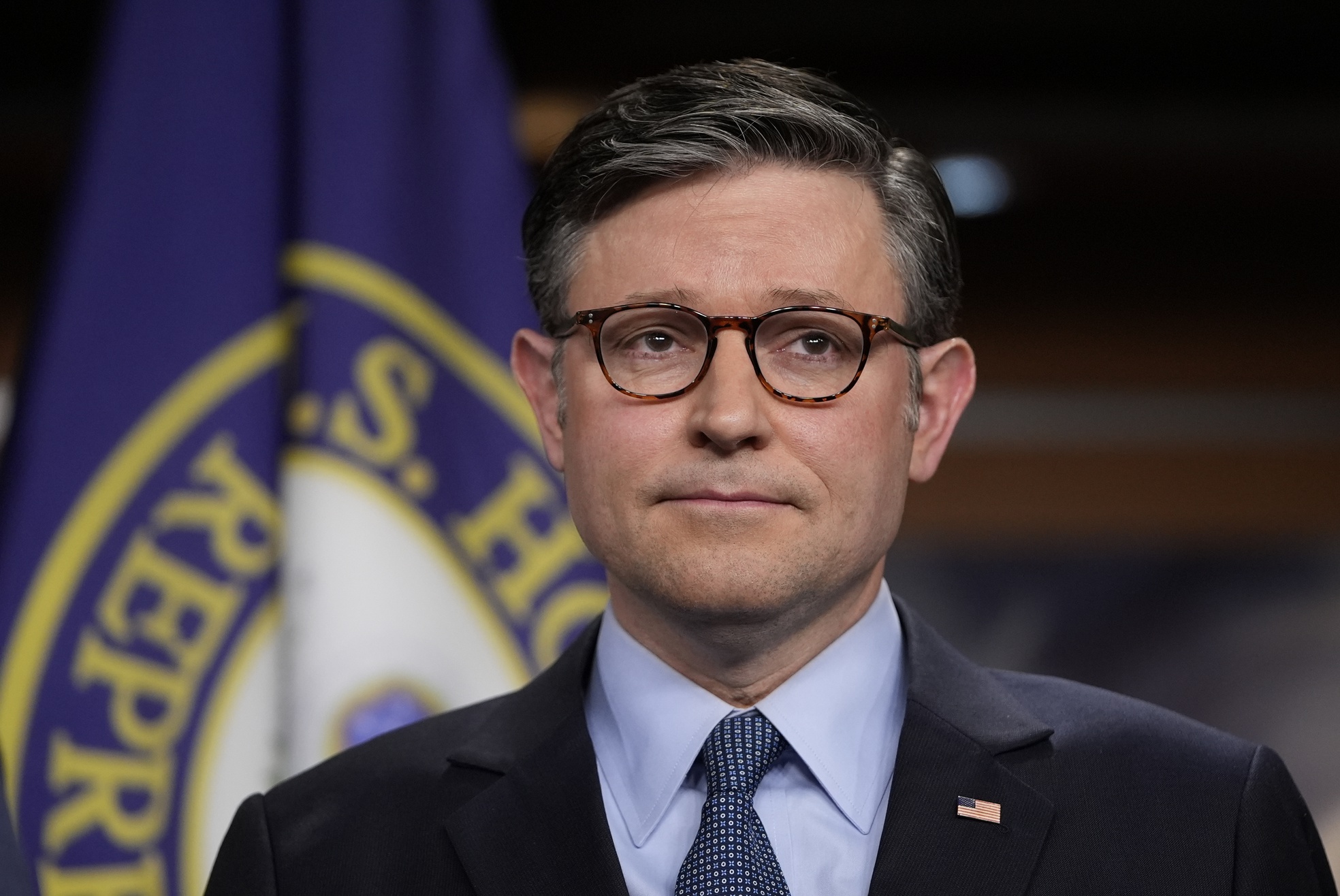Politics
Republicans May Not Be Done After ‘One Big, Beautiful Bill,’ Speaker Johnson Suggests
By Jake Beardslee · June 8, 2025

House Speaker Mike Johnson (R-La.) indicated Friday that Republicans may pursue additional party-line legislation through budget reconciliation, following the passage of President Trump’s major tax and spending bill known as the “One Big Beautiful Bill.” The reconciliation process allows fiscal bills to pass the Senate with a simple majority, avoiding the filibuster, and can be used once per fiscal year.
“This is the first of a multistep process,” Johnson said during an interview on CNBC. “We’re going to have another reconciliation bill that follows this one, possibly a third one before this Congress is up.”
The current bill features an extension of Trump tax cuts, along with increased funding for border enforcement and the military. Some of the costs are offset by tightening eligibility for federal programs such as Medicaid and food assistance. Johnson also referenced efforts to reduce spending using guidance from the Department of Government Efficiency. “We got the first one delivered this week from the White House, and that will codify many of the DOGE cuts,” he said.
While Johnson did not offer specifics on what the next reconciliation bill might include, the announcement caught some lawmakers off guard. “I think we need to see what’s left on the table after the first one,” Rep. Michael Cloud (R-Texas) told The Hill.
Other members of the GOP were more enthusiastic. Rep. Ralph Norman (R-S.C.) expressed interest in rolling back green energy tax credits. “I know when the president gets involved, it adds a lot of value,” he said.
Johnson emphasized that these plans were not hastily arranged. “This isn’t something we just drew up overnight,” he said, pointing to months of planning ahead of the 2024 election. Still, the strategy could pose challenges if members begin holding out for their priorities to be addressed in future bills.
“We have lots of ideas of things that might be in that package,” Johnson said. “Let’s get the first one done.”